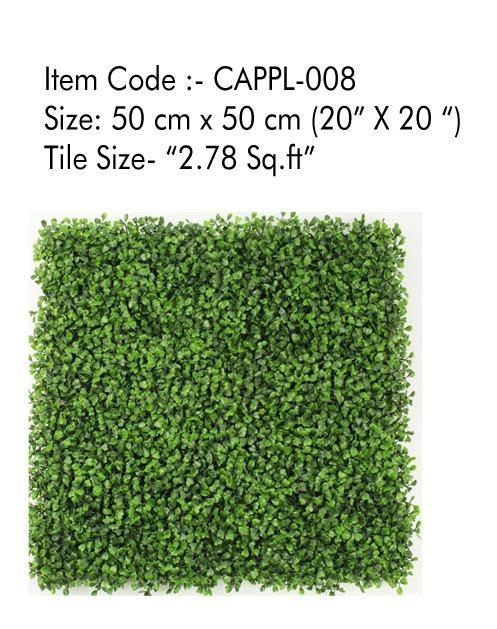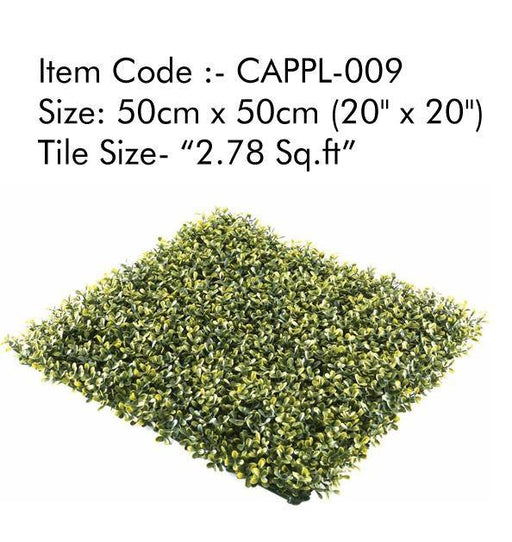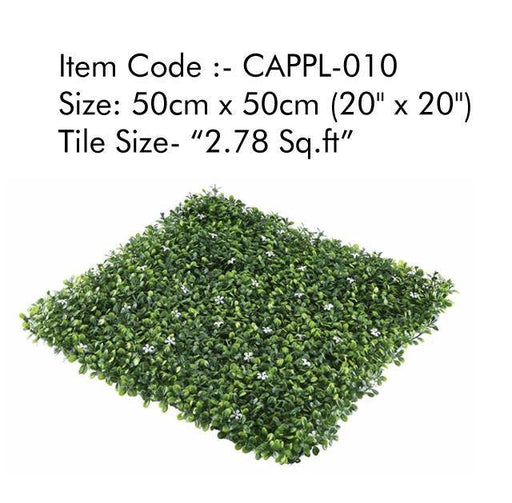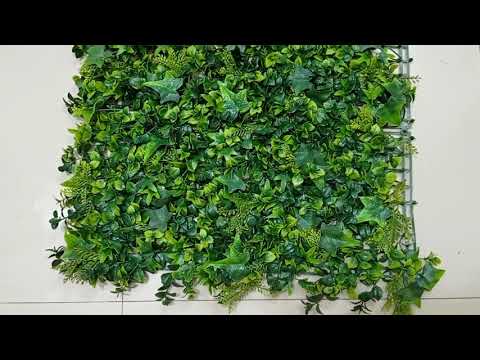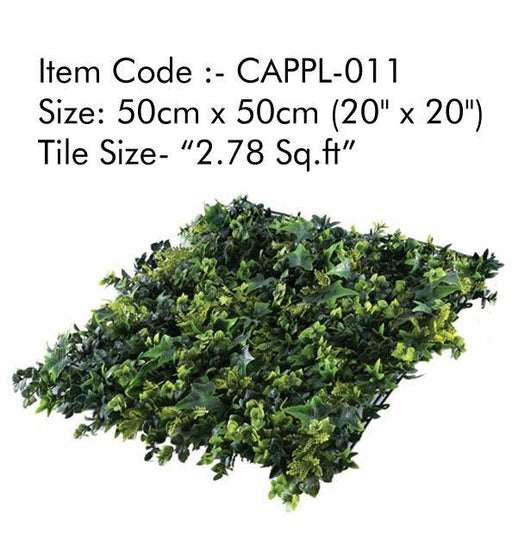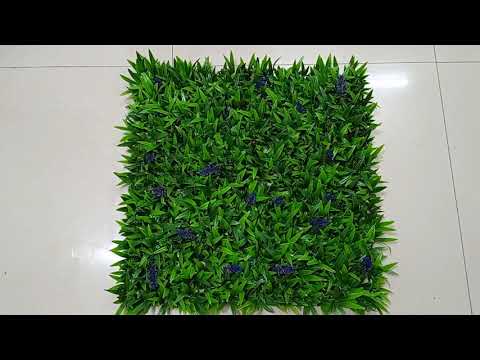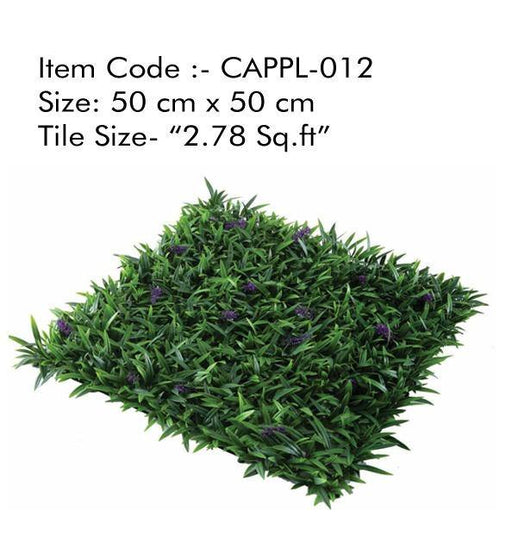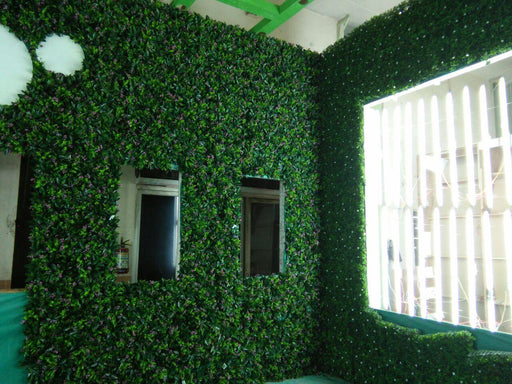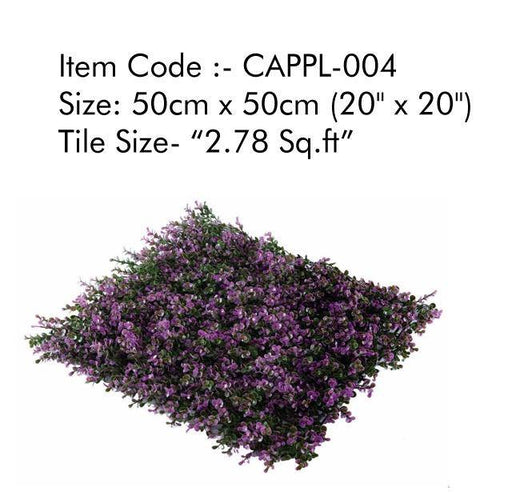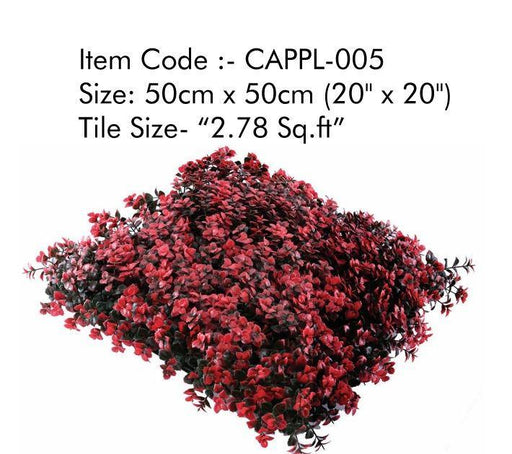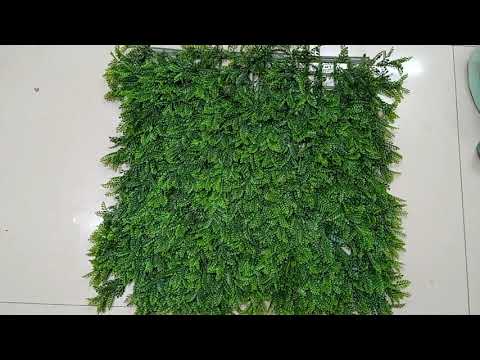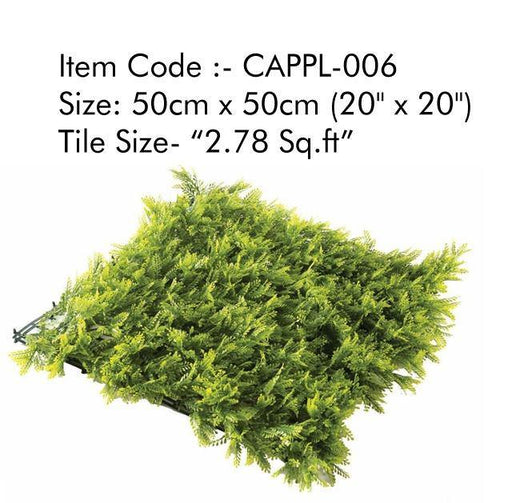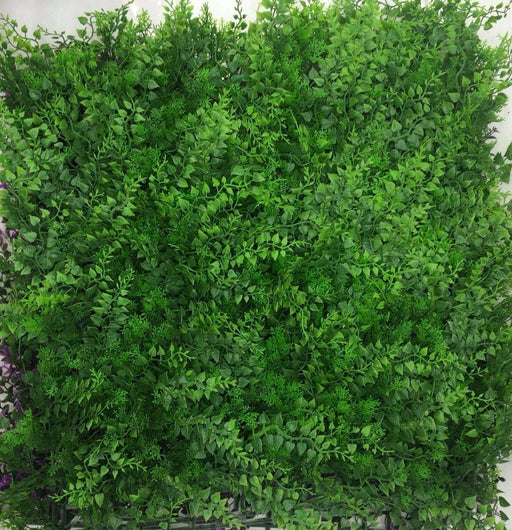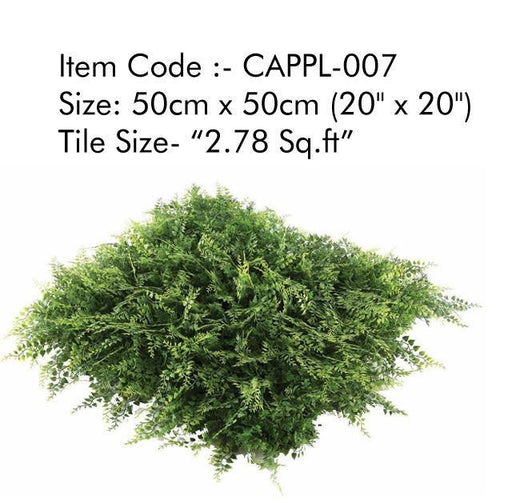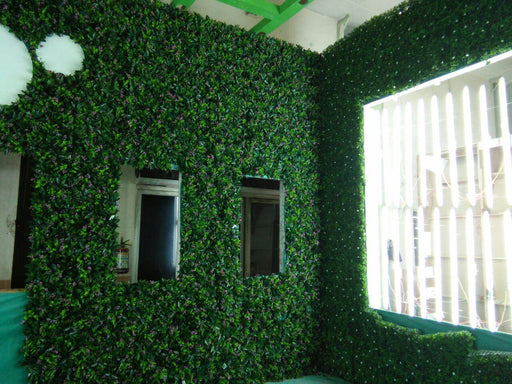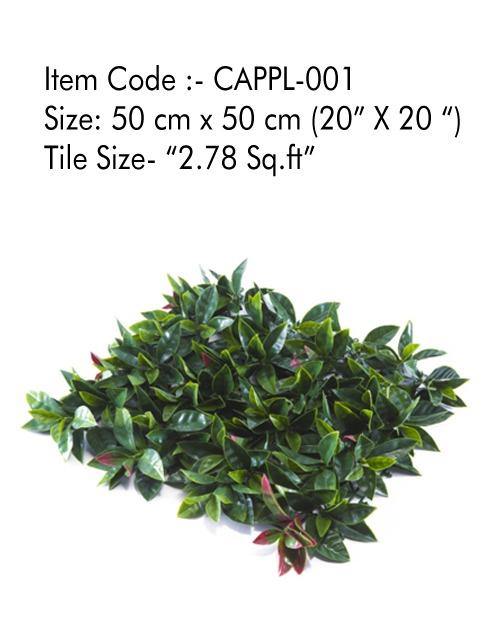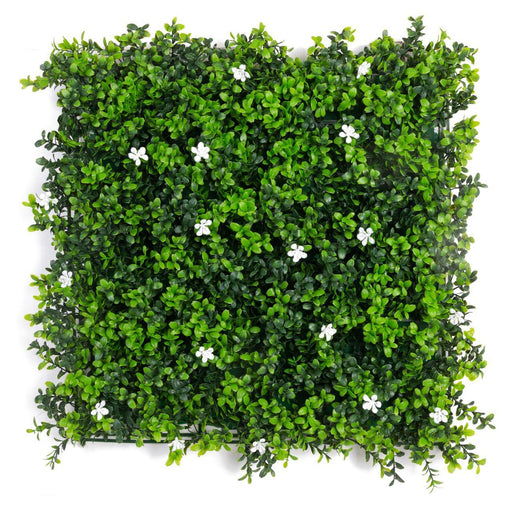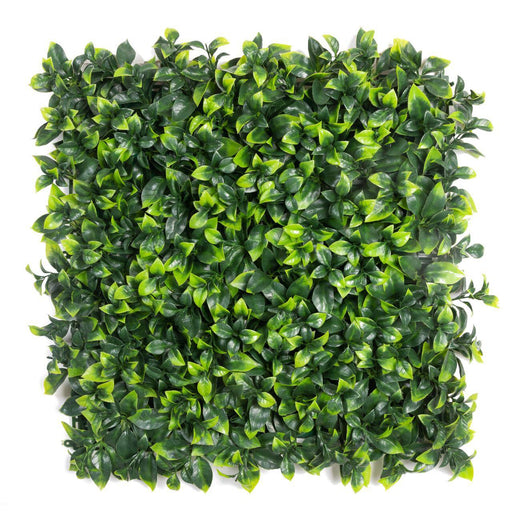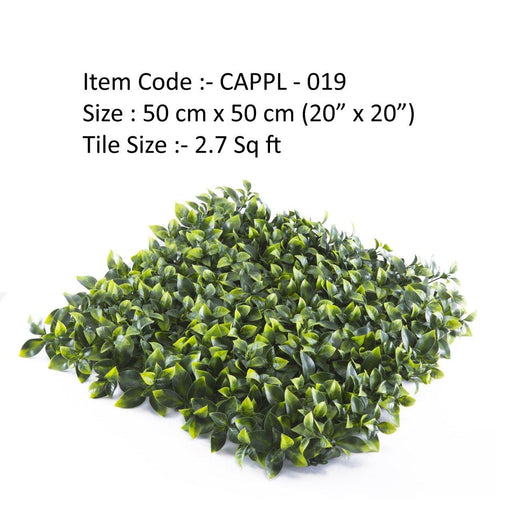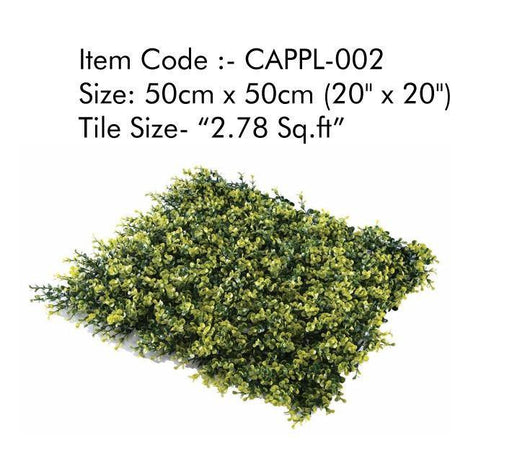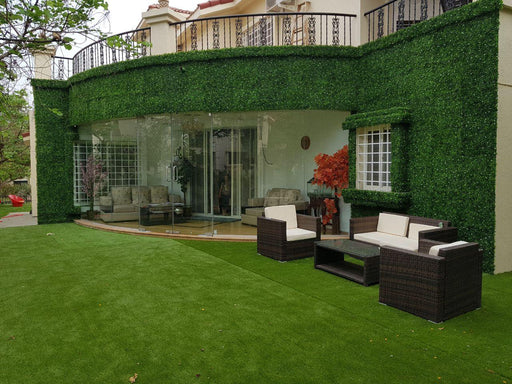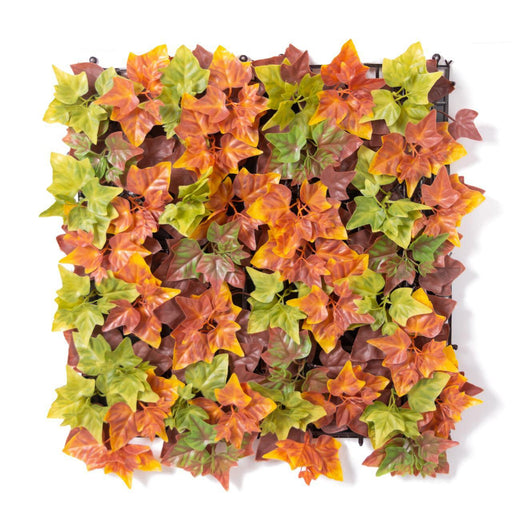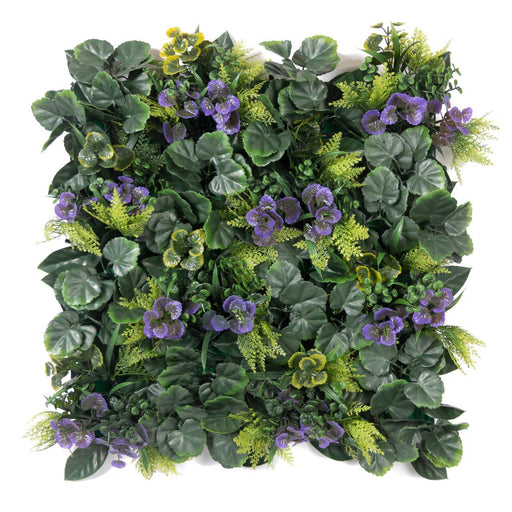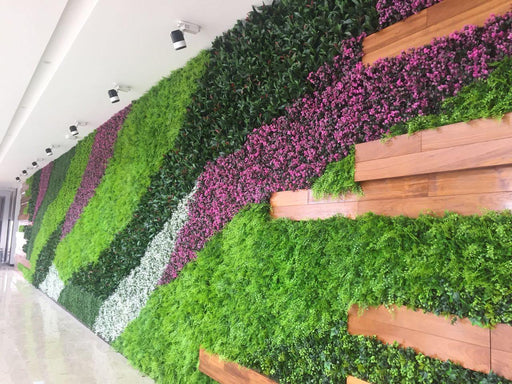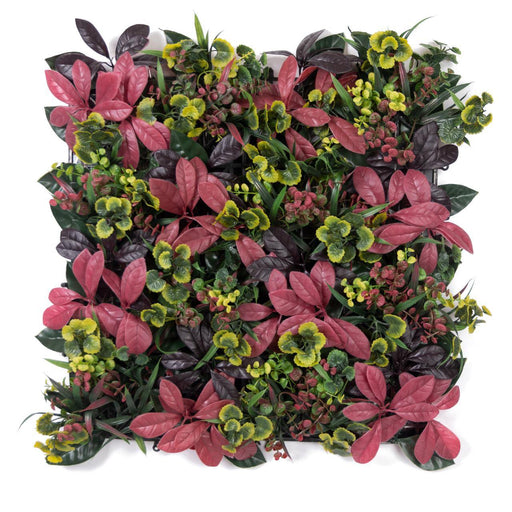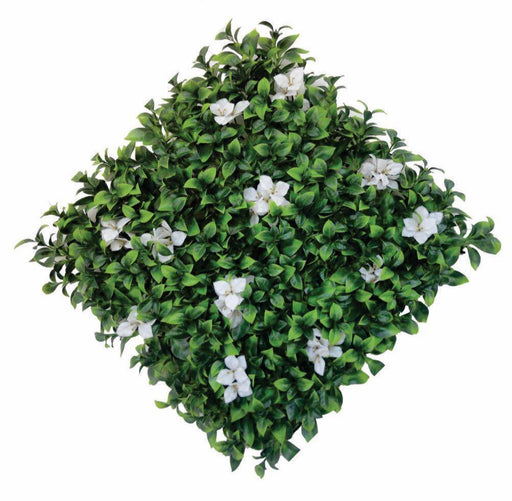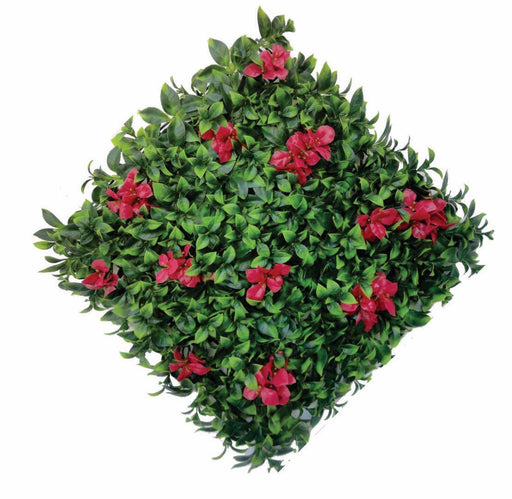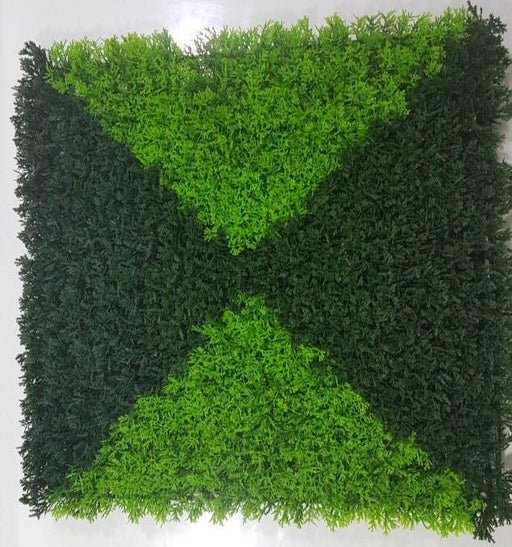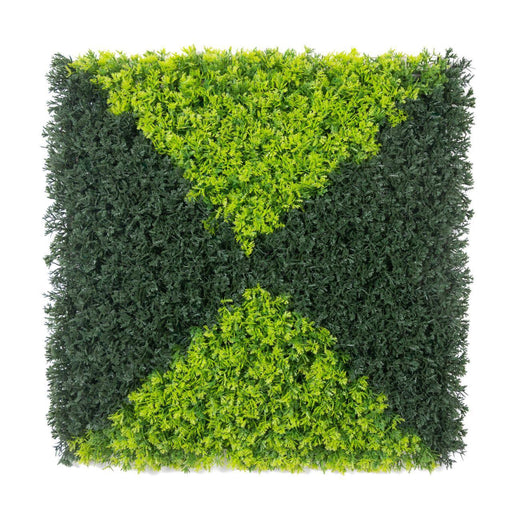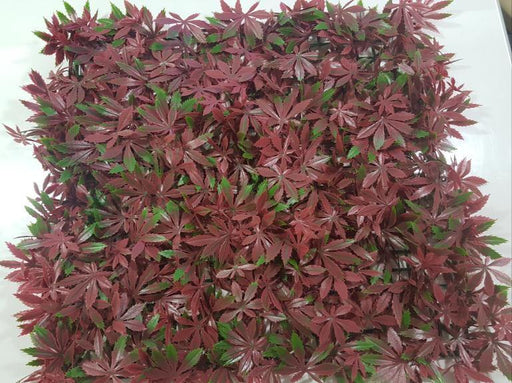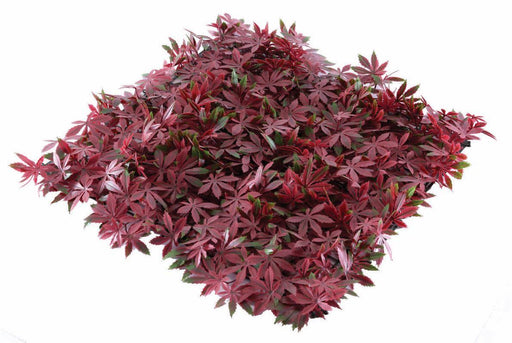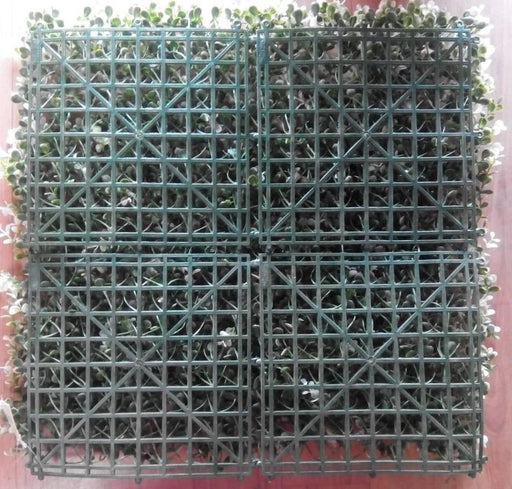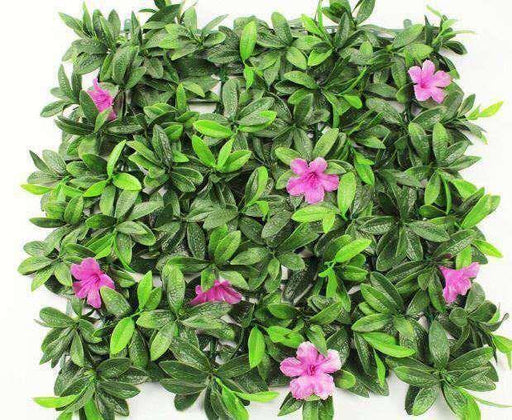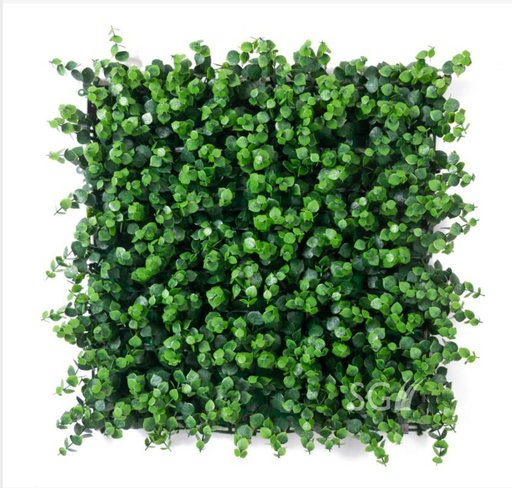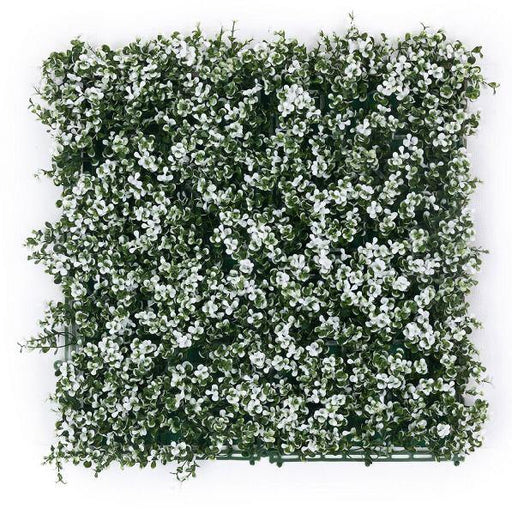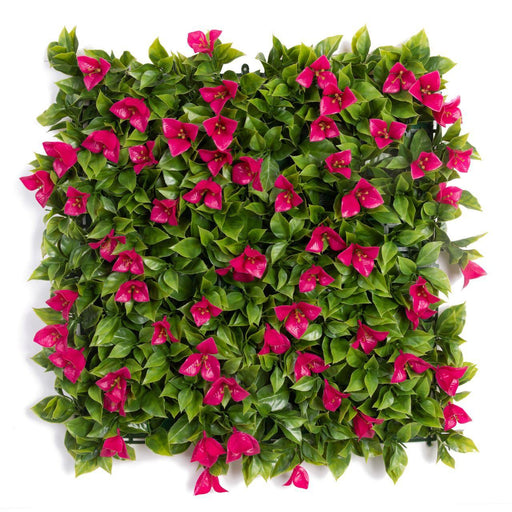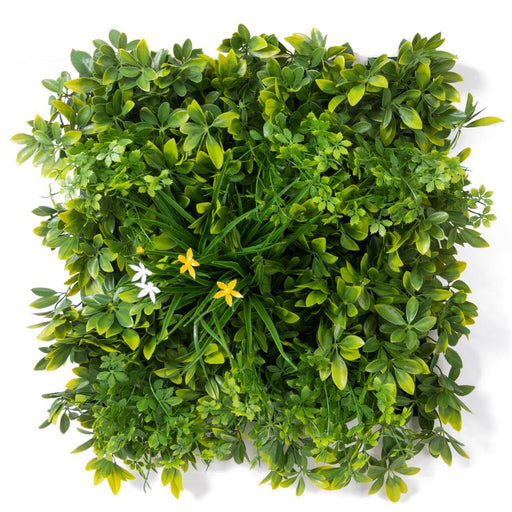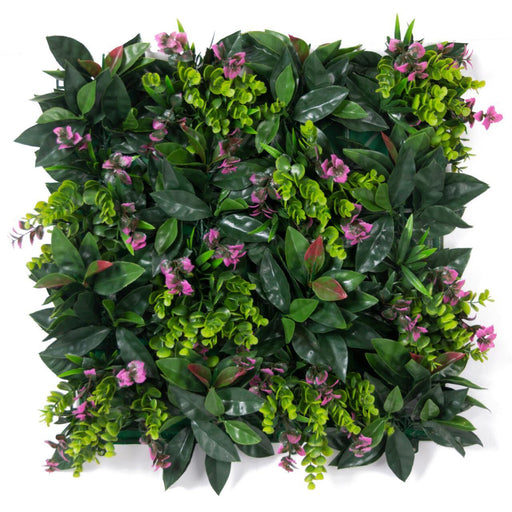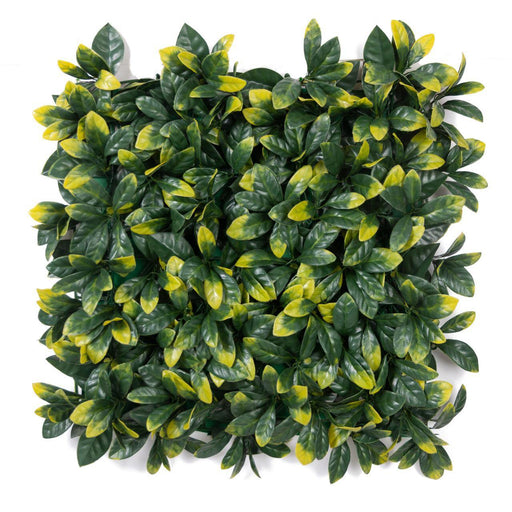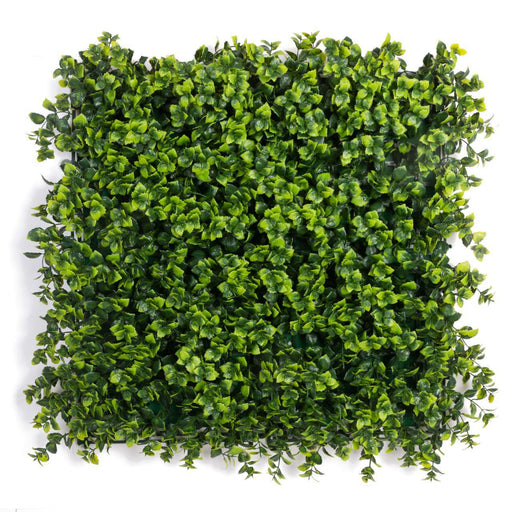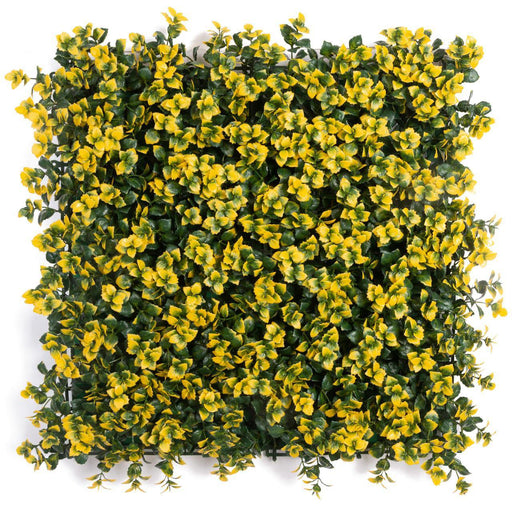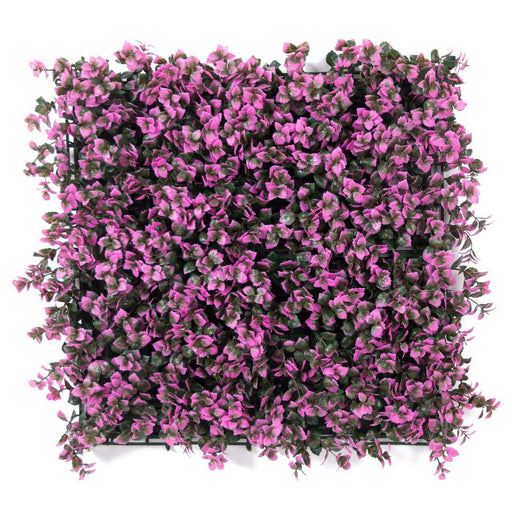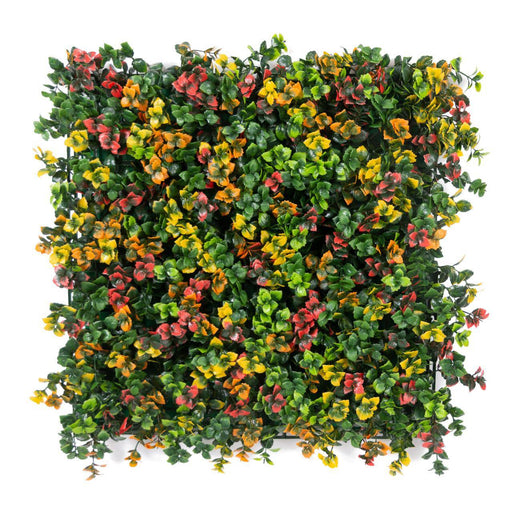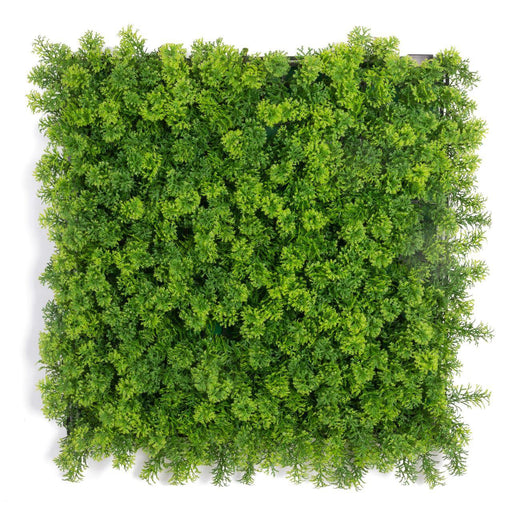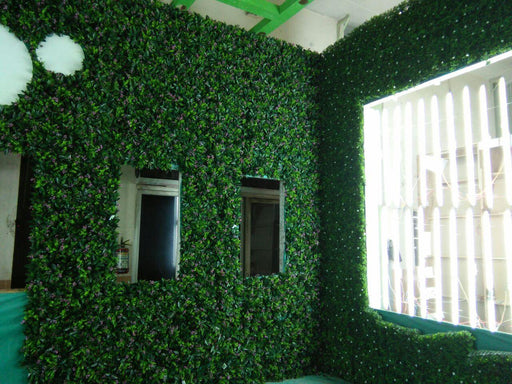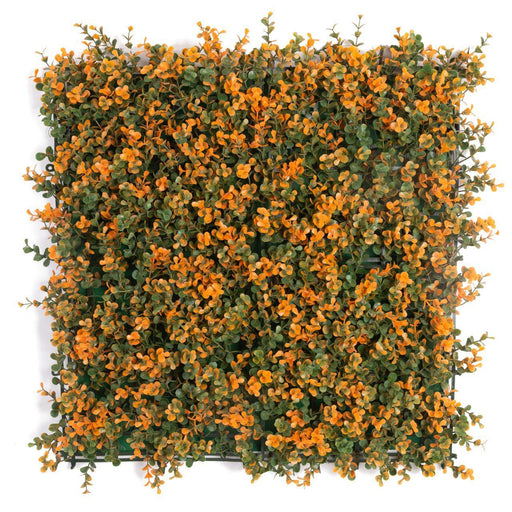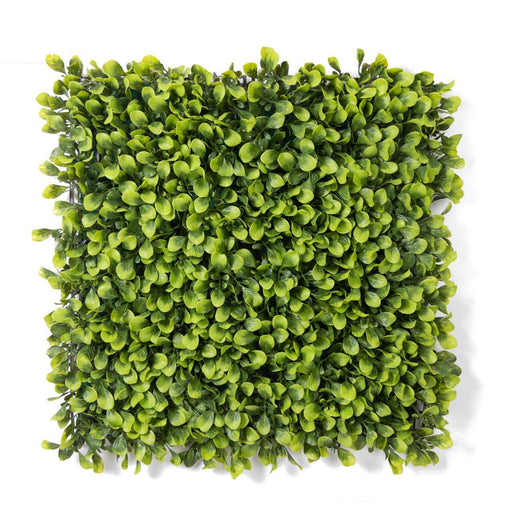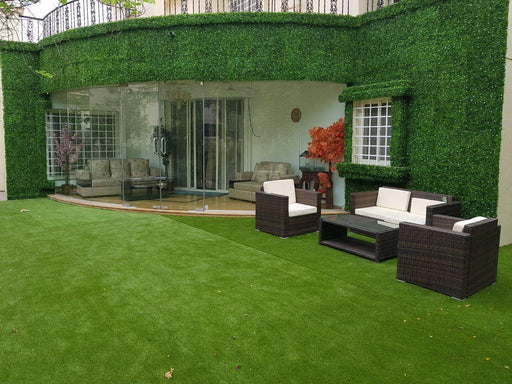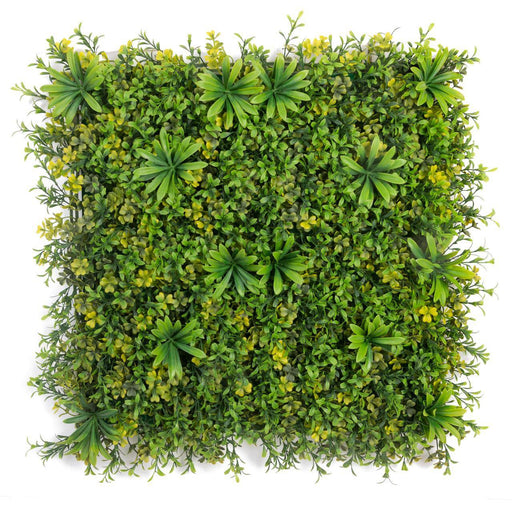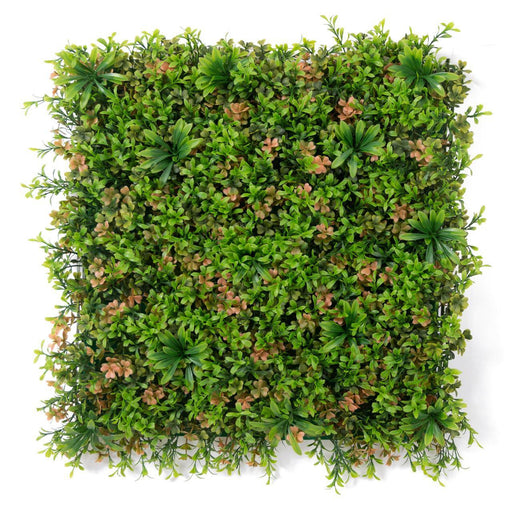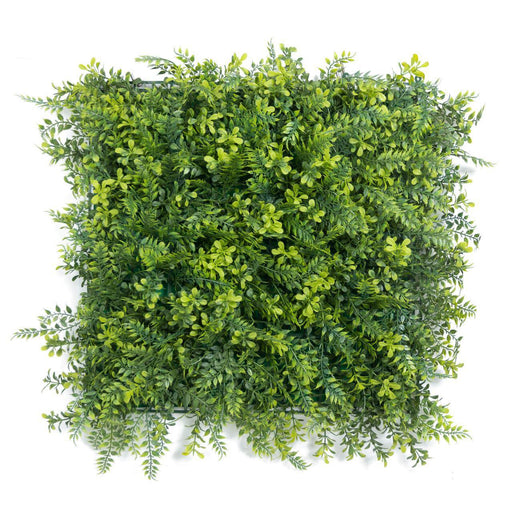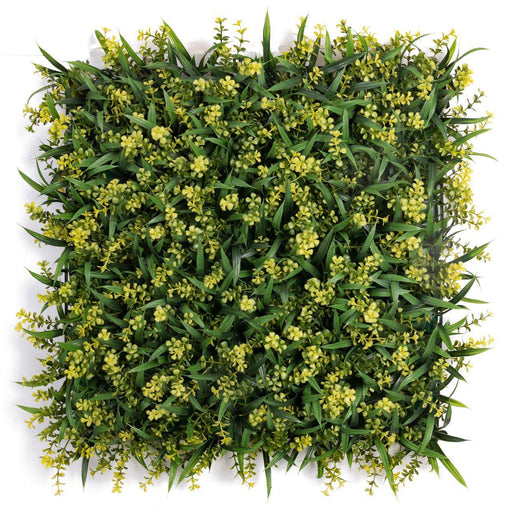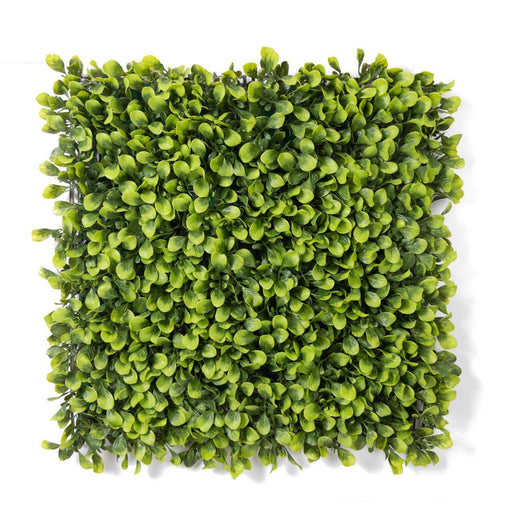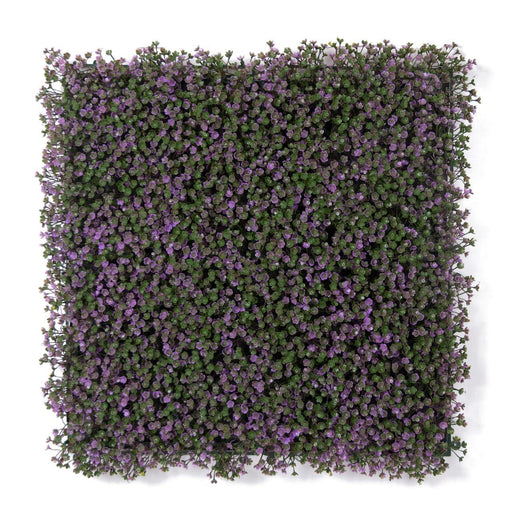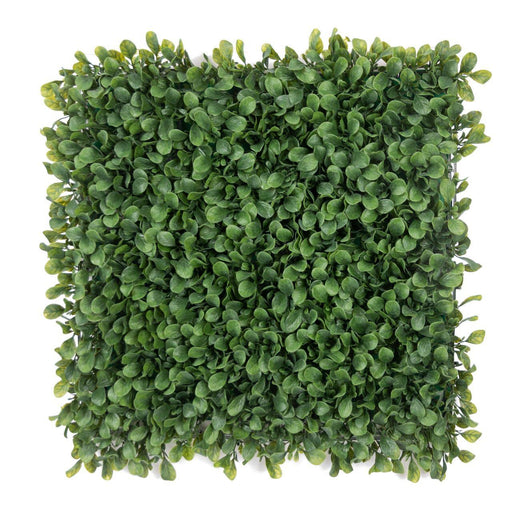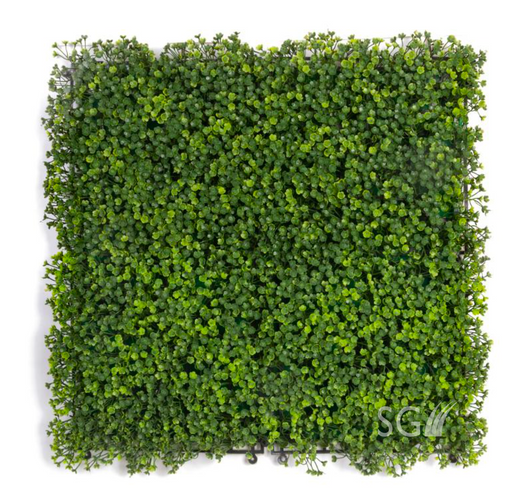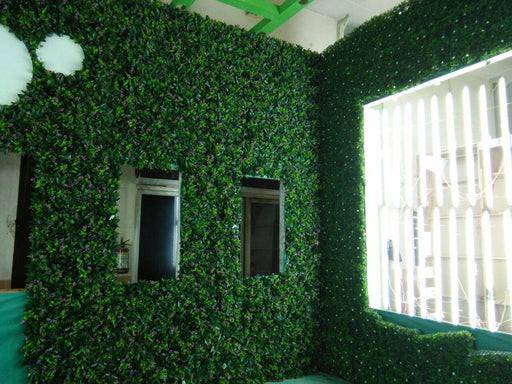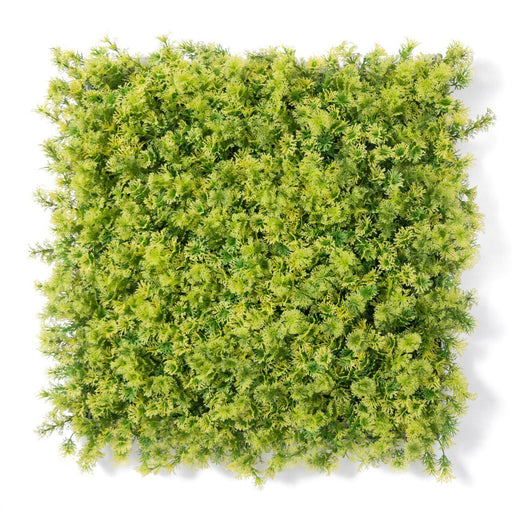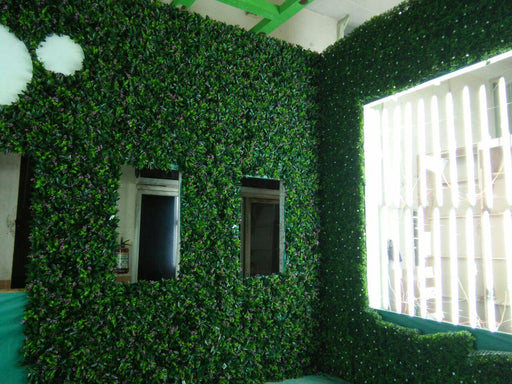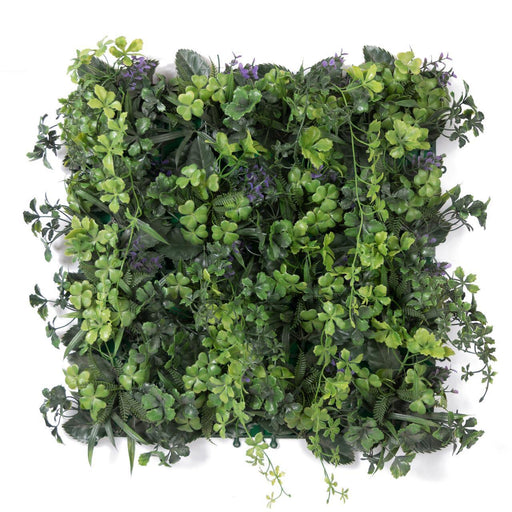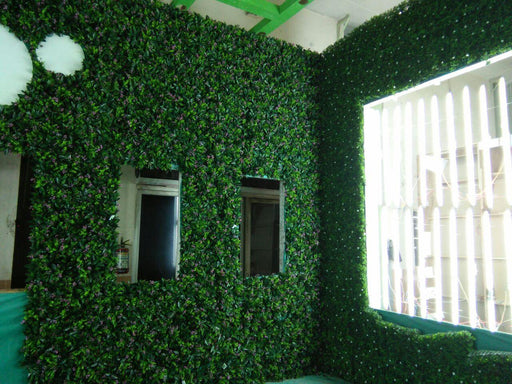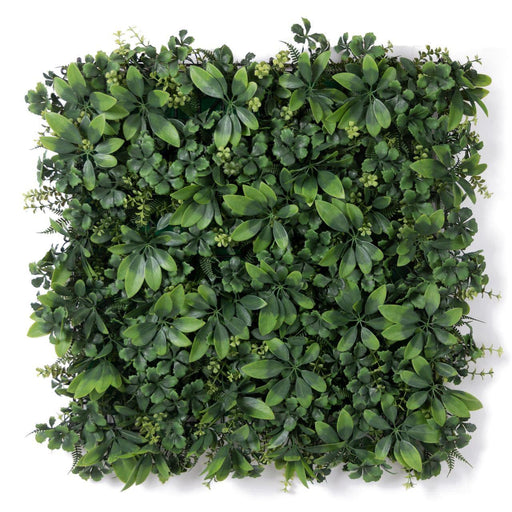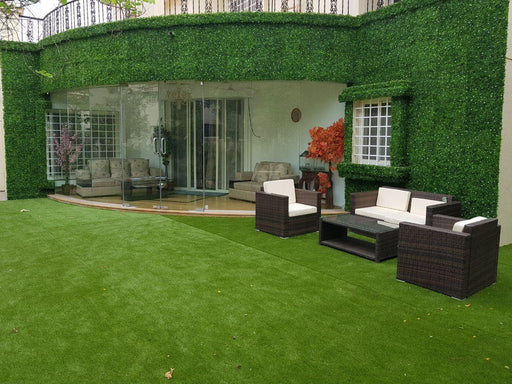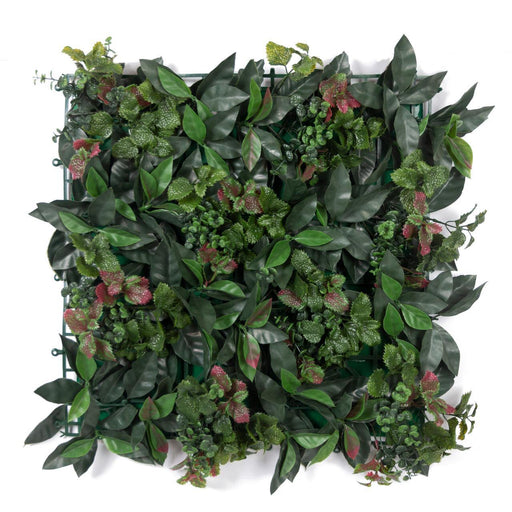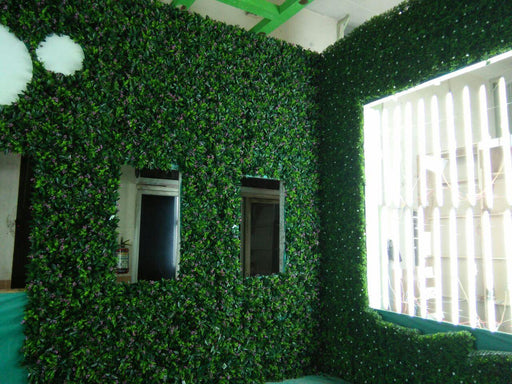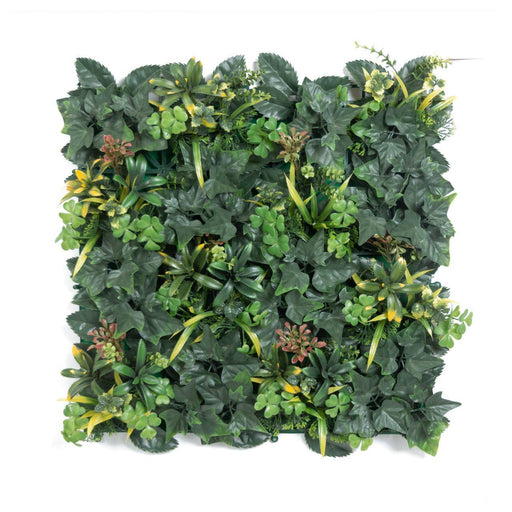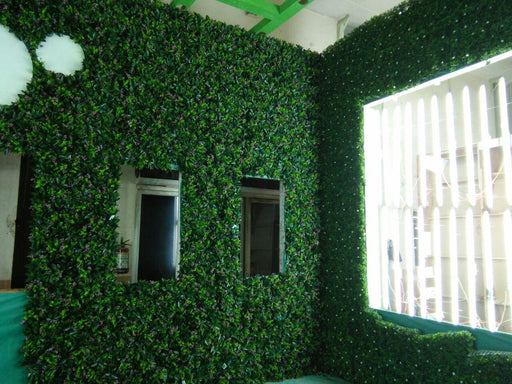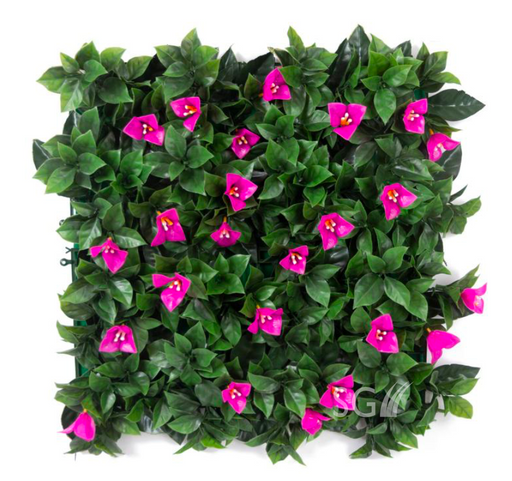Succulent Aloe plant are captivating houseplants. All these types of succulents also come with great benefits, like enhancing air quality for easy breathing beautifying your dull tabletops, and much more!
There are dozens of Aloe plant species to choose from, each with its own unique features! Most have juicy, triangular leaves that form starfish-like rosettes, making them a quirky and charming addition to any space. Plus, if you're new to plant care, these plants are perfect for you because they thrive on neglect!
Here’s all you need to know about Aloe plant care indoor!
◼Aloe Plant Maintenance
Aloe Vera succulent Plants are adaptable and can thrive in various settings, but to ensure their best growth, follow these Aloe plant care tips:
➡Light:
Place your succulent Aloe in bright, indirect sunlight. Ideally, a south or west-facing window would be perfect. Too much direct sunlight can cause the leaves to turn brown.
➡Watering:
Allow the soil to dry out completely between waterings. Overwatering can cause root rot, which is a common cause of Aloe plant death. Less watering in the dormant season (winter)
➡Propagation:
Expand your Aloe Vera collection with propagation. you can propagate new plants by extracting and rooting baby plants (offshoots) that grow at the bottom of the main plant. Aloe plant propagation is a fun and easy way to share your cute succulents with your friends and family.
➡Repotting:
Aloe plant repotting is simple. Repot your Aloe plant in the spring only if it has outgrown its pot. Choose a slightly larger container with good drainage to prevent waterlogging. This will encourage healthy root growth and prevent root rot.
➡Pruning:
Trim dead or damaged leaves at the base to encourage new growth.
➡Fertilization:
Aloe vera succulent plants are not heavy feeders. Fertilize sparingly every 2-3 months with diluted fertilizer during the growing season.
➡Pest Control:
The Aloe plant family is generally pest-resistant, but occasionally, you may experience mealybugs, scales, or aphids. Treat pests promptly with insecticidal soap.
◼Aloe Plant Problems: Common Problems with Succulent Aloe
Here are the common Aloe plant diseases and how to fix them:
➡Stretchy weak leaves: Stretched leaves are one of the most common problems with Aloe vera plants. Move your Aloe plants to a bright, indirect sunny spot.
➡Brown leaf tips: If your Aloe succulent leaf tips are turning brown, the reason could be the humidity is too low. Mist your Aloe vera to increase humidity.
➡Black or brown spots: Aloe plant with black spots means two things; overwatering or sunburn. Water only when the top soil is dry and move your Aloe vera to a dimly lit spot.
➡Red leaves: Aloe plant turning red can be for many reasons, too much sun or lack of water. Make sure to check the soil moisture and give your Aloe an indirect sunlight.
➡Pests: Common Aloe vera pests are aphids, scales, and mealybugs. Treat them with neem oil or spray insecticidal soap on their leaves carefully.
◼Succulent Aloe Varieties
Aloe plant species are simply adored for their compact size, and ease of care. We’ve put together a simple list of different Aloe succulents that you can grow at home with minimal care, even if you sometimes forget to take care of them.
The best succulent Aloe types:
➡Aloe Humilis: Aloe humilis, also known as hedgehog Aloe, is a low-growing, short-stemmed plant. It has short spines and long, slender, pastel blue-green leaves that curl upwards.
➡Aloe Black Beauty: Aloe vera 'black beauty' features foliage of a black-purplish shade that is aesthetically pleasing.
➡Aloe Juvenna: Aloe juvenna or tiger tooth Aloe is a small succulent plant with green leaves, white spots, and toothy margins.
➡Aloe Rauhii: The Snowflake Aloe, also known as Aloe rauhii Reynolds, is a rare succulent plant that can withstand drought. It comes from Madagascar.
➡Aloe Pepe: The Aloe Vera Pepe plant has cute, silver-speckled leaves and air-purifying properties. It's non-demanding, compact, and perfect for adding character to your open bookshelves or side tables.
◼Benefits of Growing Aloe Vera Indoors
Succulent Aloe plants are perfect for homes and offices for several reasons:
➡Aesthetic Decor: Their elegant appearance and vibrant green leaves make them a popular choice for interior decor
➡Eco-friendly: Growing Aloe plant species is a sustainable choice and they thrive for years with proper care.
➡Stress Alleviation: Gardening and nurturing plants can have a positive effect on mental well-being. Aloe succulents are a great option for those seeking a calming hobby.
◼Care Tips For Your Aloe Succulent Plant
Proper placement is key for Aloe succulents to thrive. Here are some tips to properly care for your Aloe vera succulents:
- Soil: Use a well-draining cactus or succulent mix to prevent water from accumulating around the roots.
- Sunlight: Place your Aloe plant in a location with bright, indirect sunlight. Be careful not to expose it to too much direct sunlight, as this can scorch its leaves.
- Airflow: Good air circulation helps prevent moisture buildup and fungal issues.
- Temperature: Aloe succulents prefer temperatures between 59°F and 77°F (15°C to 25°C). Keep them away from drafts and extreme cold.
◼Aloe Succulent Buy
Are you interested in starting your indoor garden? If you're looking for low-maintenance and compact plants, then succulent Aloe plants are your best choice! These tiny indoor plants are easy to care for, resilient, and adaptable - they're practically indestructible.
Aloe plant growing is a breeze, and with so many different Aloe succulents to choose from us, including the rare Aloe succulent known as Aloe rauhii reynolds, you're sure to find the perfect fit for your home.
At Chhajed Garden, we offer impressive deals on Aloe succulent plants. If you're looking to buy succulent plants online, we've got you covered! Bring home our adorable succulent plants and experience the joy of having your own greenery. Don't miss out - get your succulent plants from us today!
Does Aloe Vera succulent plant purify air?
Yes, like most plants it does basic indoor air purification.
What are Aloe vera benefits?
Aloe vera benefits are impressive. They are known for healing properties, soothing skin, purifying indoor air, and serving as great houseplant companions.
Why Aloe plant turning yellow?
The most common culprit of the Aloe plant turning yellow is overwatering. Cut back on watering and let the soil get dry before watering. Don't over too much to prevent Aloe plant yellowing.
How much is Aloe plant?
Our range of Aloe vera plants starts from Rs.129 and goes up to Rs.650, catering to all budgets. Buy Aloe succulent online here.
How often does Aloe plant need to be watered?
To keep your plant healthy, avoid watering it too often. You should let the soil dry out completely between waterings because overwatering can harm your plant.
Why are Aloe vera leaves curling?
Underwatering could be the reason for your Aloe vera leaves curling. Thoroughly water your Aloe vera succulent and drain the excess water.
Is Aloe vera a hardy plant?
It is not particularly tough, but it can withstand some challenges. It thrives in warm temperatures and well-draining soil.


